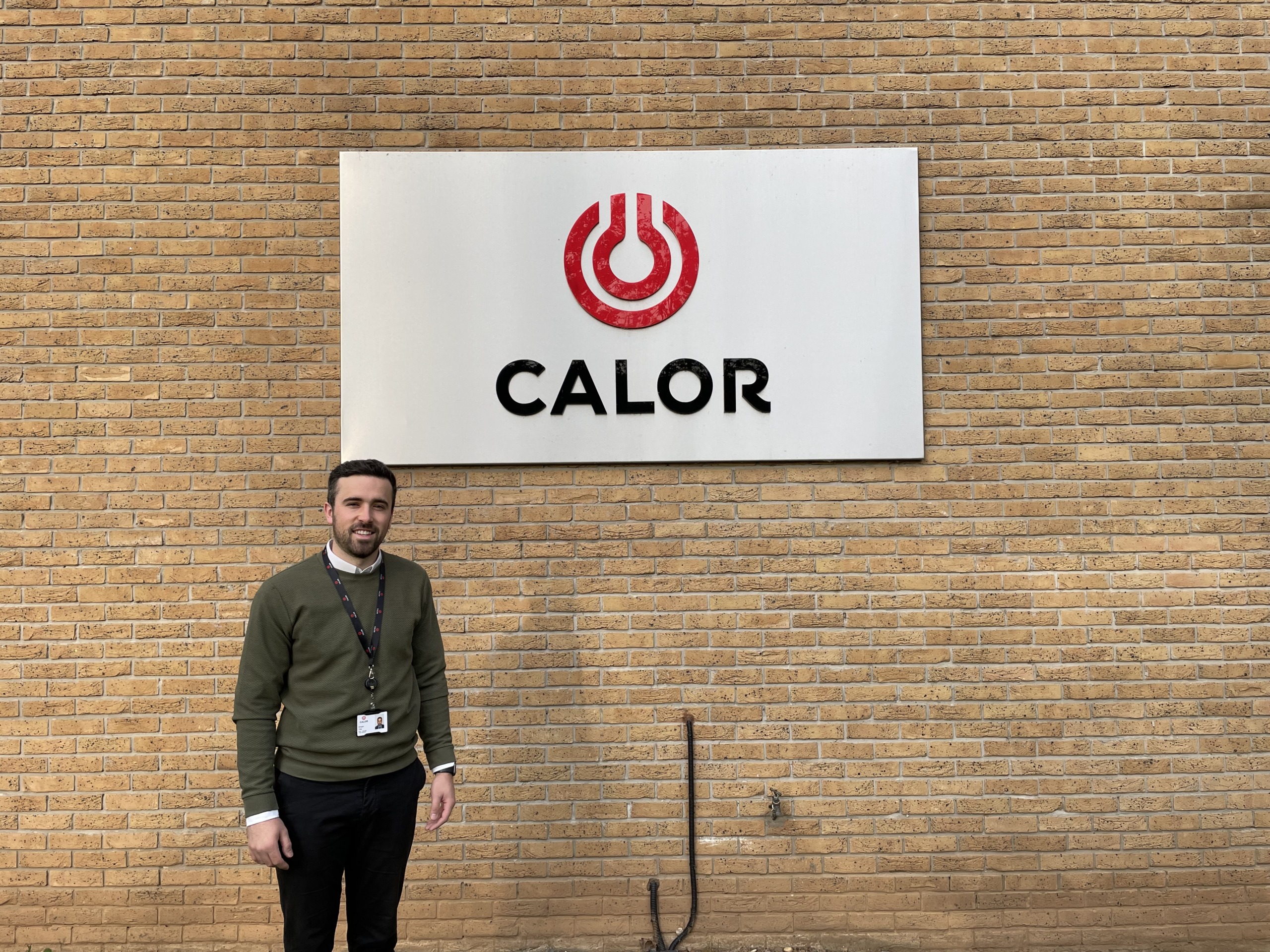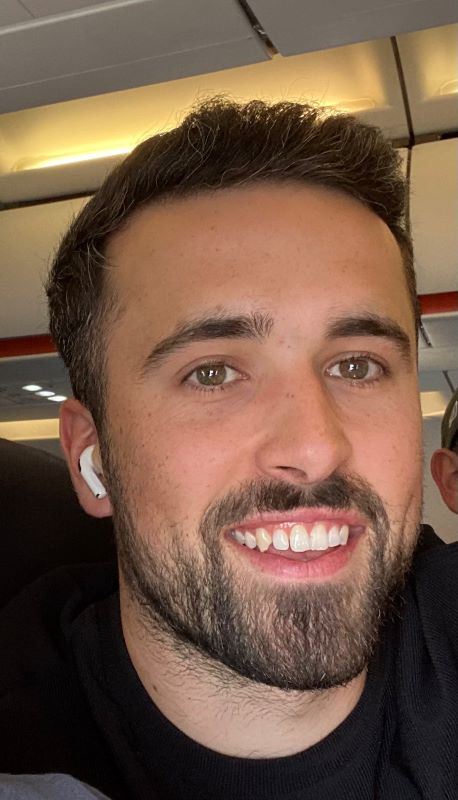Balancing work and studies: My experience as a part time Renewable Energy MSc student
24/05/2023

Hello, my name is Morgan! I’m studying a Renewable Energy MSc at Cranfield part time whilst working as a Principal Engineer in Sustainable Fuels at Calor Gas Ltd. In this blog post, I will share my experience of balancing work and studies, my reasons for choosing Cranfield University, and the highlights of the course.
There were several reasons why I chose Cranfield for my part time Masters. To start with, Cranfield has an excellent reputation for postgraduate studies in engineering and technology, particularly in renewable energy. Secondly, from the very first time I spoke to someone at Cranfield it was apparent that they were very flexible in designing the course to fit my work situation, not the other way around. Finally, the course is accredited by the Energy Institute, therefore completing the qualification enables me to gain knowledge and skills relevant to apply for chartered engineer status.
My interest in renewable energy was sparked during my undergraduate studies in Chemical Engineering. I was fascinated by the potential of renewable energy to address the global energy crisis and reduce carbon emissions. After starting my career within the energy sector at a fossil fuel company, I developed a keen interest in sustainable fuels and their potential to contribute to a low-carbon future. Pursuing a postgraduate degree in renewable energy has enabled me to deepen my understanding of the subject and apply my learning to my work.
There definitely are benefits and drawbacks in studying part time. One of the main advantages is the flexibility it offers, as it allows me to gain a qualification whilst working full-time. This also has enabled me to apply my learning directly in my job, which has been beneficial for my work performance. I also really enjoy my job, so it was great not to have to give it up to pursue further learning. However, the main disadvantage of part time study is the additional workload as it can be challenging to managing multiple priorities and deadlines. As well as this, the course duration is longer (2 or 3 years) compared to the full-time route (1 year), this requires more dedication and persistence to complete.
Part time study at Cranfield involves attending lectures and completing assignments alongside full time students, but over a longer period of time. The course is typically spread over two to three years depending on how much time you can commit. For part time students the taught modules last 4 weeks. I attend lectures at Cranfield for the first week which means completing my day job in the evenings, I then have three weeks to complete the assignment which allows me to go back to work in normal working hours – leaving the evenings and weekends for university work!
The Renewable Energy MSc has been a great experience so far. The course covers a wide range of subjects, including wind, solar, bioenergy, and energy systems. The lecturers are experienced and knowledgeable, and the class sizes are relatively small, enabling more interaction and engagement. My favourite project so far as been the Short Research Project assignment where I found that the UK has huge potential in terms of native bioethanol production. In the near future I’m attending the Westmill Solar and Wind Farm which should be a great experience and not one many people get to do!
In conclusion, studying part time for a Renewable Energy MSc at Cranfield has been a challenging but rewarding experience. Balancing work and studying have required dedication and persistence, but the opportunity to apply my learning directly in my job has been invaluable. The course content and facilities at Cranfield are top-notch, and the lecturers are experienced and knowledgeable. I would highly recommend this course to anyone who is passionate about renewable energy and wants to make a positive impact on the world.
Categories & Tags:
Leave a comment on this post:
You might also like…
From classroom to cockpit: What’s next after Cranfield
The Air Transport Management MSc isn’t just about learning theory — it’s about preparing for a career in the aviation industry. Adit shares his dream job, insights from classmates, and advice for prospective students. ...
Setting up a shared group folder in a reference manager
Many of our students are now busy working on their group projects. One easy way to share references amongst a group is to set up group folders in a reference manager like Mendeley or Zotero. ...
Company codes – CUSIP, SEDOL, ISIN…. What do they mean and how can you use them in our Library resources?
As you use our many finance resources, you will probably notice unique company identifiers which may be codes or symbols. It is worth spending some time getting to know what these are and which resources ...
Supporting careers in defence through specialist education
As a materials engineer by background, I have always been drawn to fields where technical expertise directly shapes real‑world outcomes. Few sectors exemplify this better than defence. Engineering careers in defence sit at the ...
What being a woman in STEM means to me
STEM is both a way of thinking and a practical toolkit. It sharpens reasoning and equips us to turn ideas into solutions with measurable impact. For me, STEM has never been only about acquiring ...
A woman’s experience in environmental science within defence
When I stepped into the gates of the Defence Academy it was the 30th September 2019. I did not know at the time that this would be the beginning of a long journey as ...







